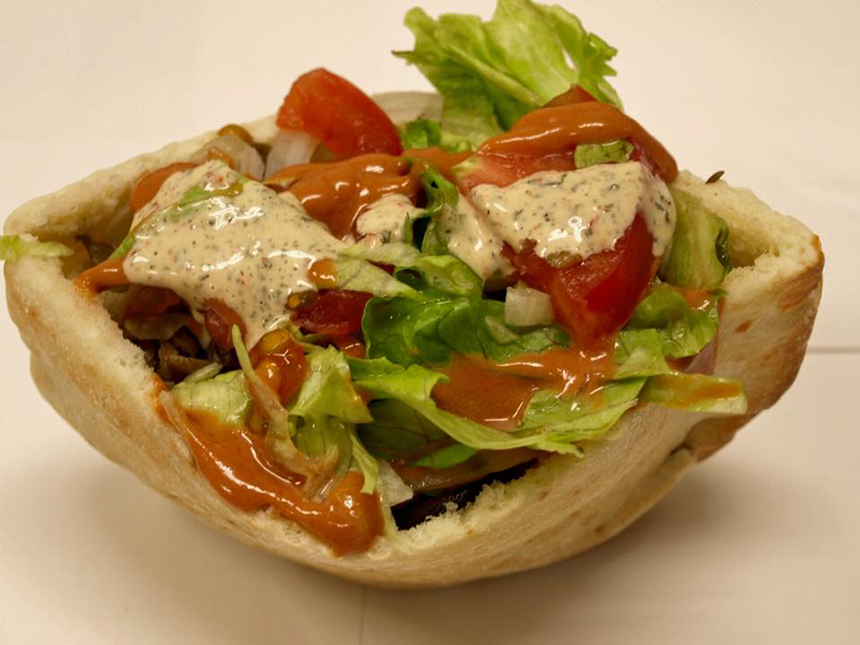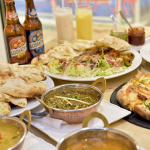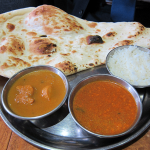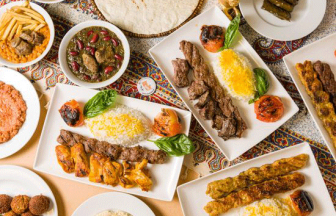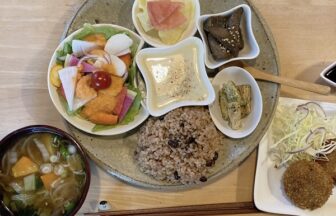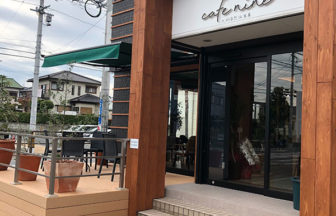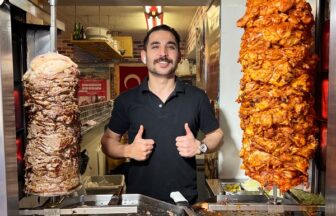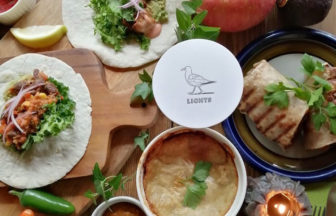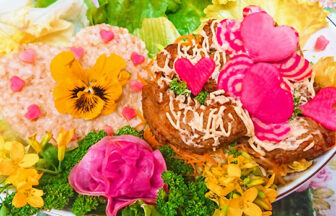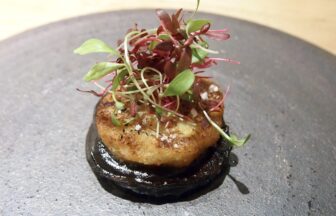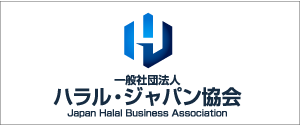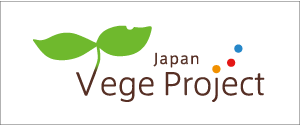Kebab shop at Halal food store in Japan’s Islamic Street
Shin-Okubo is famous for Japan’s largest Korean Town.
Recently, it is also known as a place where spices and ethnic ingredients are secretly booming.
After exiting the Shin-Okubo Station, when you go to the right side, it is Korean Town. The left is Chinese Town.
When you pass the crosswalk and go straight through the pharmacy road, you will find the so-called “Islam Yokocho” lined with Halal food stores.
Usually Shin-Okubo is full of people visiting for Korean gourmet and cosmetics.
But from a few-minutes walk from such an atmosphere, Islamic Yokocho is full of Muslims wearing white galabays and hijab.
Here you can find reasonable Halal food, with Nepalese and Indian and Pakistani shops.
NASCO KEBAB is a kebab shop located inside the store of an Indian supermarket called GREEN NASCO, inside the center of Islamic street.
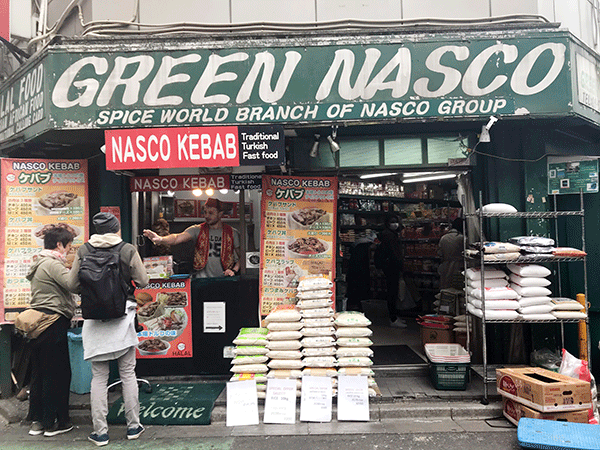
Symbol mark of Islamic side street GREEN NASCO
Meat can be choosed from chicken, beef, or MIX.
Recommended menu is chicken kebab and you can get it only for 400 yen! It is a delicious kebab with widely cut large chicken, sliced tomato, and plenty of crispy cabbage.
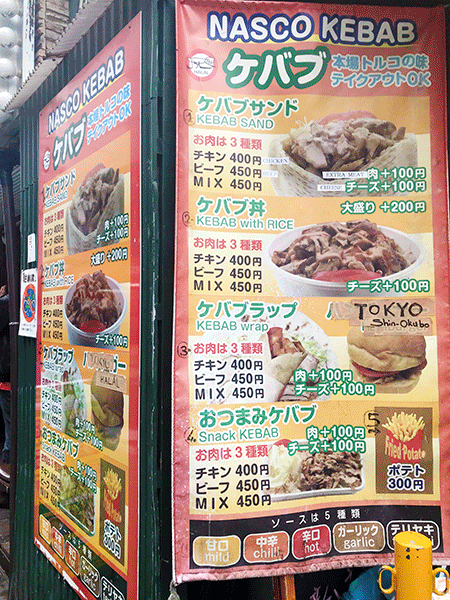
Menu of NASCO KEBAB
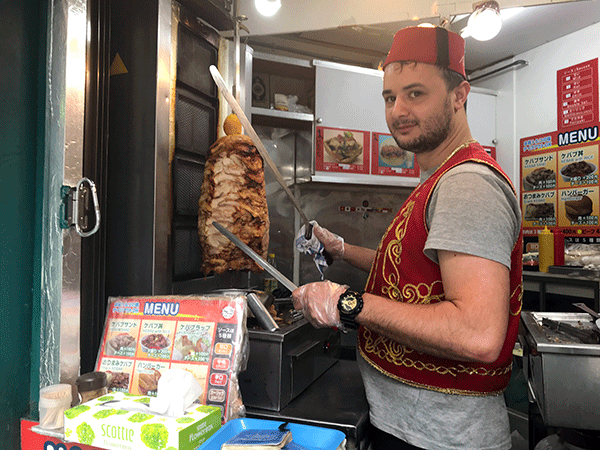
Turkish staff, very cheerful and very nice!

Chicken kebab sandwich ¥ 400
The meat is full of volume. The sauce has a light taste and is popular for being cheap and tasty, and foreign tourists and Muslims working in the surrounding area also come to eat.
It is a to-go specialty store, so highly recommended for people who are sightseeing. It’s fun to walk around the city from the store and tour Shin-Okubo area.
The mosque on the 4th floor of the building is a place for Muslims to relax
GREEN NASCO, a symbol mark of Islamic street, Shin-Okubo, is a long-established supermarket for Halal foods run by Indians. Inside the shop, mainly Halal foods from the Middle East, such as India and Pakistan are displayed.
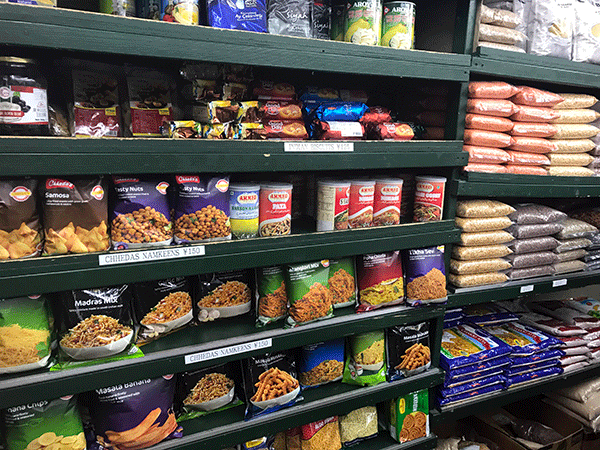
Indian sweets NamKeen and a wide variety of beans
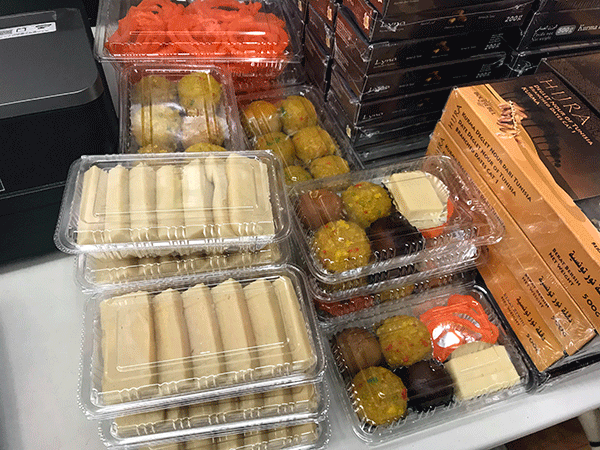
Side dishes and sweets
And there is a mosque on the 4th floor of the building where GREEN NASCO is located.
If you go up the stairs of a multi-tenant building, you will find rooms for men and women. This place is mainly visited by Muslims working in the neighborhood and is used for praying.
During the praying time, we often see people closing the store for about 10 minutes and come visit the praying room at the building.
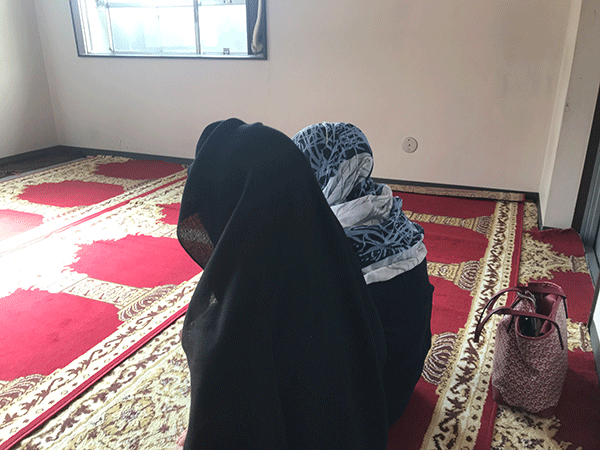
Mosque on the 4th floor
Even if it is called Islamic side street, various people coexist in the area.
There is a Vietnamese restaurant across the street from the neighboring Nepalese people, Hinduism, and the upper floor has a Korean Hangul signboard.
This area is a great place to experience Islamic culture, and at the same time, it is a rare place where you can enjoy the energetic atmosphere of Southwest Asia. No other place in Tokyo is like this area.
Please come visit Shin-Okubo to experience the energetic atmosphere, and of course, Halal food with Islamic culture.
Supervisor / Recommender

- Halal Supervisor and Foreigner Food Coordinator (Cooking, Consulting, Public Relations)
-
Click here for introduction
I currently work as an editor, but my previous job was as a chef, with many years of experience working in hospitals, restaurants, and the food service industry. Looking back, I think my connection to halal may have already been there.
Decades ago, I once worked in a cafeteria at an auction venue. Over 60% of the visitors were foreigners. Many Muslims were present, and the venue had a mosque-like prayer space. I remember being frequently asked questions about whether the meat was halal and what kind of meat it was. At certain times, the cafeteria would become as lively as a festival. The Indian restaurant next door would generously serve free biryani, curry, and sweet drinks to everyone who came. Over 100 people, including people wearing bright red turbans, galabeyas, and traditional attire, gathered in the cafeteria, all sitting around the same table and enjoying a truly enjoyable time. Looking back, it was iftar, the end of fasting, and I understand the significance of sharing, but at the time I was ignorant of halal and Islam, and didn't even consider how to respond. They only ate the curry made by the Indians in the restaurant. As I studied halal, I realized, "I wanted to eat Japanese food, but I couldn't." I regret not doing anything even though there was something I could have done.
If only it didn't contain pork! If only it didn't contain wheat or buckwheat! I could eat it... Food insecurity is different for each person.
That's why I think it's important to learn about the differences in culture, religion, and lifestyle that underlie it, and to create an environment where everyone can enjoy delicious meals in comfort.
The desire for delicious, safe, and secure food is universal. The times are calling for people to live in new ways that transcend borders and religions. I hope that halal can be a gateway to eliminating food insecurity, contributing even in some small way to a society where people can coexist and prosper with more liberal thinking, and to global harmony beyond.
Latest entries
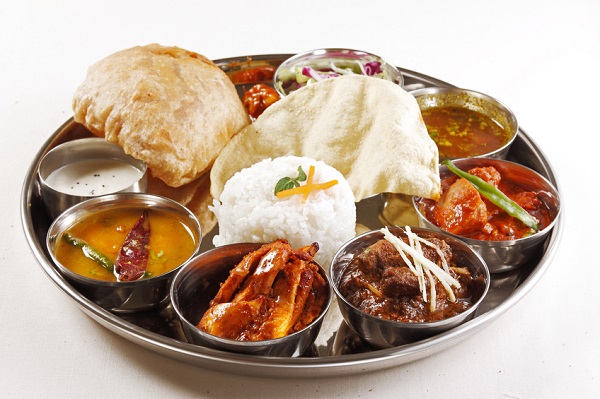 Tokyo2023年11月4日Dakshin South Indian Restaurant Otemachi Branch
Tokyo2023年11月4日Dakshin South Indian Restaurant Otemachi Branch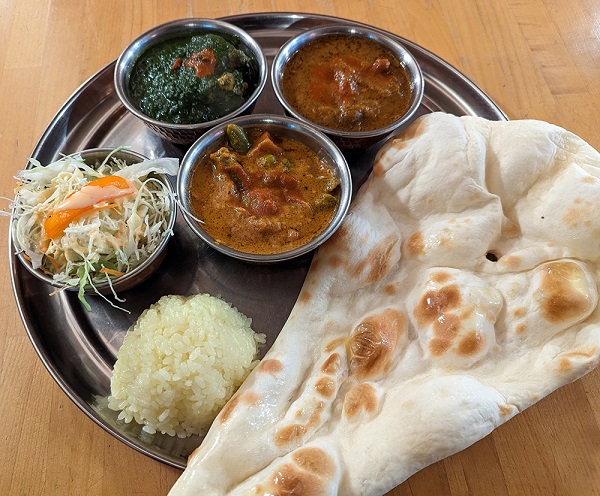 Tokyo2023年10月23日Gandhi Mahal
Tokyo2023年10月23日Gandhi Mahal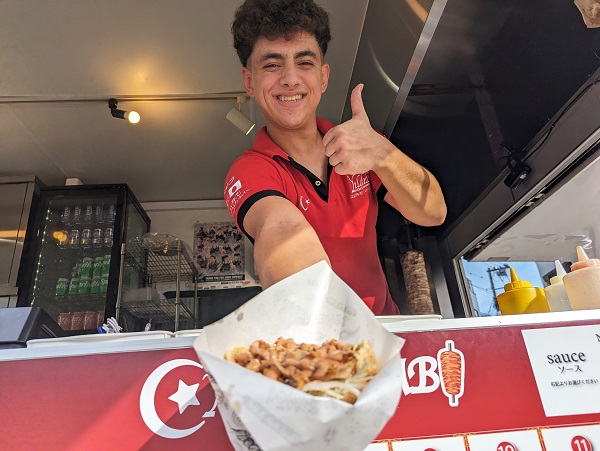 Tokyo2023年10月23日Yıldız KEBAB
Tokyo2023年10月23日Yıldız KEBAB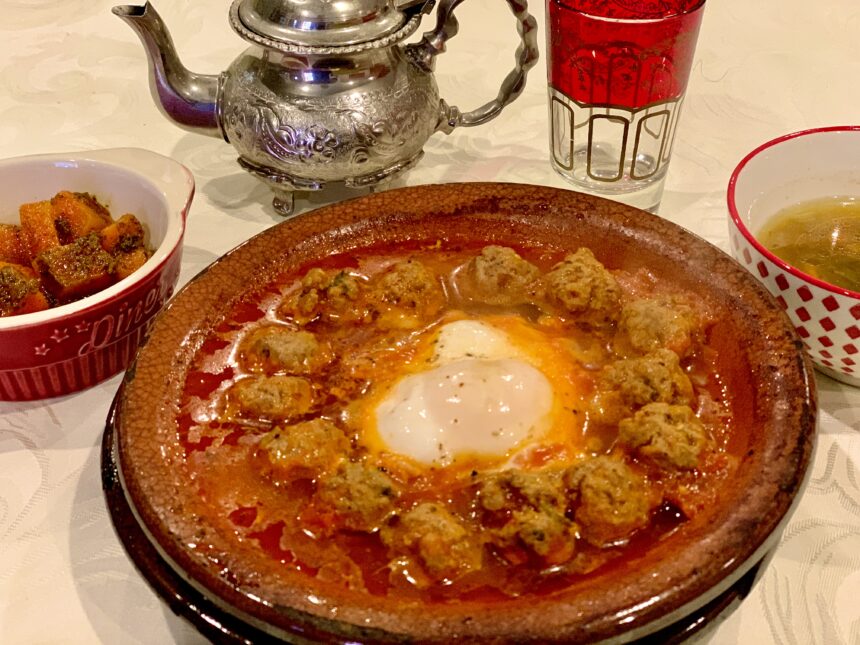 Tokyo2023年10月4日Restaurant Morocco
Tokyo2023年10月4日Restaurant Morocco

